How to Talk to Your Children About Death
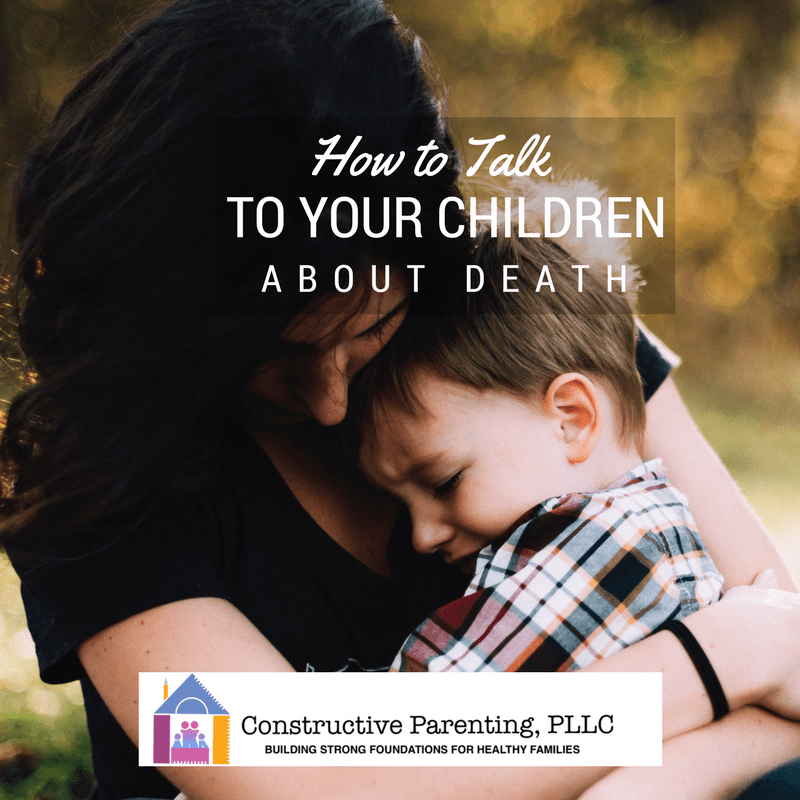
My husband and I recently had to make the difficult choice to put our fourteen-year-old dog to sleep. He was a family pet but he was also so much more. We adopted Otis before we were even married and he was the dog with which we practiced being “parents”. He was protective of our children from the time we brought them home from the hospital and they have grown up always knowing he was nearby. Making the decision about when to say goodbye was heartbreaking and figuring out how to let our children know that we were making the tough choice to put him down was almost as awful. Ultimately we chose to spend our dog’s final hours and even final seconds together as a family. As difficult as this experience was, I was grateful that we had prepared our children for that moment by having many conversations over the years about death.
I am often asked by parents about how to handle the topic of death with young children. Like with many taboo topics, often parents’ first instinct is to avoid these conversations in order to protect their kids. The problem with this tactic is that avoidance can only work for a short time because eventually death touches each of us. Perhaps children hear about death from a friend, a pet dies, they read about death in a book, or they see death dramatized on TV. It is not unusual for children as young as three to start asking questions about death. Sometimes they even perseverate on the topic for weeks at a time.
The following are tips to help you feel prepared the next time the topic of death comes up in your home.
Follow their lead
When your children ask hard questions take a deep breath and then answer them with simple age appropriate language. Try to answer only what they are asking rather than giving them more information than they can process. One of my favorite parenting tricks when I am caught off-guard and don’t know how to answer a difficult question is to turn the question back around to them, as in “what do you think happens…” Their answers will help clarify what they are most concerned about and what misunderstandings they may have. This will also give you time to think about how you want to respond.
Be careful with your wording
Young children are literal thinkers. If you tell them that death is like “going to sleep” they can become very confused and even frightened that if they go to sleep they may not wake up. Instead use clear simple phrases to help them understand that when someone dies they don’t breathe, they don’t feel hungry, and they don’t have thoughts or feelings anymore. If they have connected death with going to sleep remind them that it is different because when they are asleep their bodies are still breathing, they have dreams, and they can get up and call you for help if they need you.
Help them feel safe
When kids start asking questions about death what they usually need is to be assured that they and the people they care most about are safe. It is okay to explain the circle of life to children but follow this with a clear message that they do not need to worry about dying. If appropriate for your particular situation, let them know that people usually die when they are really old (even older than their grandparents, perhaps) and that you will all have a long time together before you die. If a child is upset because a pet or someone they know has died make sure to validate their feelings and then hold them as they cry. Sadness can feel consuming but when it is acknowledged it comes in waves and then subsides.
Be honest and don’t make death a taboo topic in your home
If the family hermit crab dies it can be tempting to rush out to the store and replace him before any questions are asked. Instead try to reframe these small tragedies as opportunities to practice talking about this tricky topic. Let your children know that death is a part of life and it is normal and natural. If they see a dead animal on the side of the road and they have questions, they will read your body language to find out whether this is something that is safe to talk about. If it makes you uncomfortable to talk about death, rest assured that the more you do it, the easier it will get. Trying to avoid the topic of death can backfire, causing children to feel unsure about who they can come to with difficult questions.
Turn off the News
Looking for natural opportunities to talk about death is different then bombarding children with too much information about crime and violence. Remember that the news highlights the worst things that have happened in the past few hours. Make a point to leave the news off and to limit the amount of media violence your children are exposed to.
Focus on the present
End your conversations about death by focusing on how it is more important to live in the present moment than to worry about the past or the future. If spirituality is important to you, talk to your children about how each new moment and each new experience is something for which to feel grateful. Children prefer to live in the present and will often move on from difficult conversations spontaneously (perhaps before you have fully processed all that you wanted to say). Let them move on but be prepared for the topic to come up again in the future.
If Your Family is Actively Grieving
Children need to know that even in times of stress, their needs will be met and they will be cared for. Try to stick to routines but make space for family members to express difficult feelings. If your child catches you crying don’t try to hide it. Put words to what you are experiencing and ask for a hug. It is important for children to know that adults get sad too, and they need to see that we can handle our difficult emotions in healthy ways. Try to balance expressions of loss with stories of positive memories about your loved one. Let your children know that grief comes in waves and that it is okay to still laugh and have fun together.
If you know someone in NC who could benefit from parenting support I offer one-on-one parenting consultations as well as parenting groups. For more information about upcoming parenting groups click here.

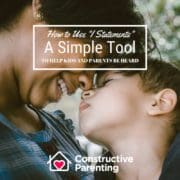
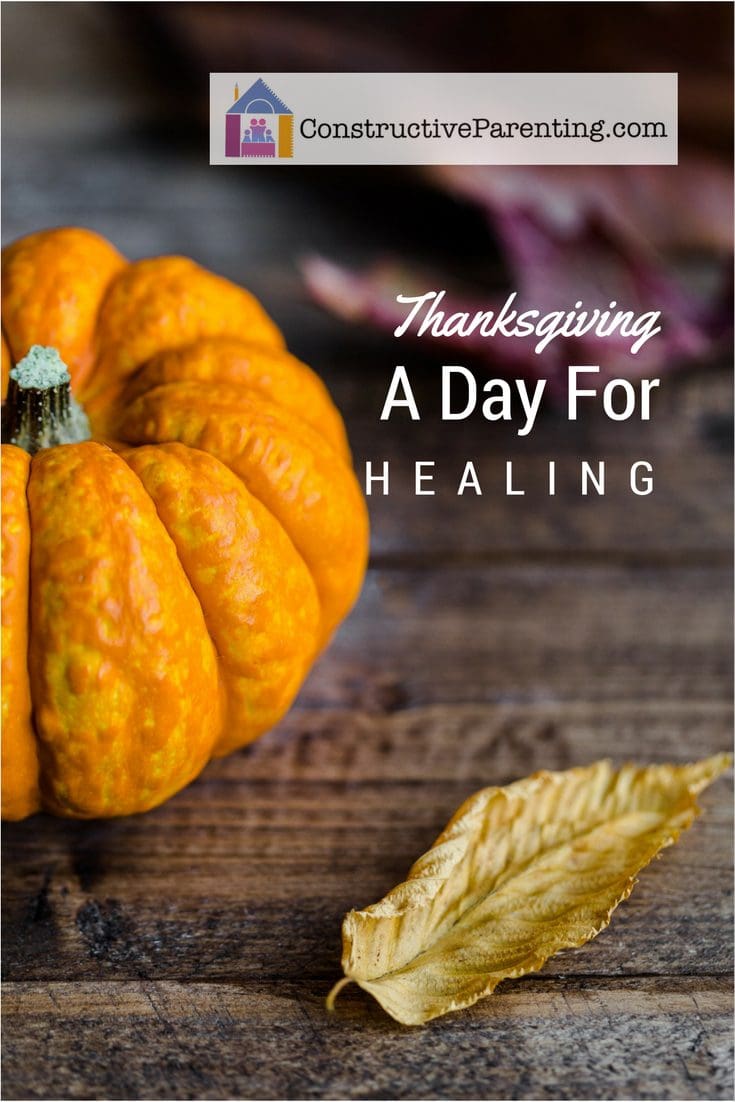
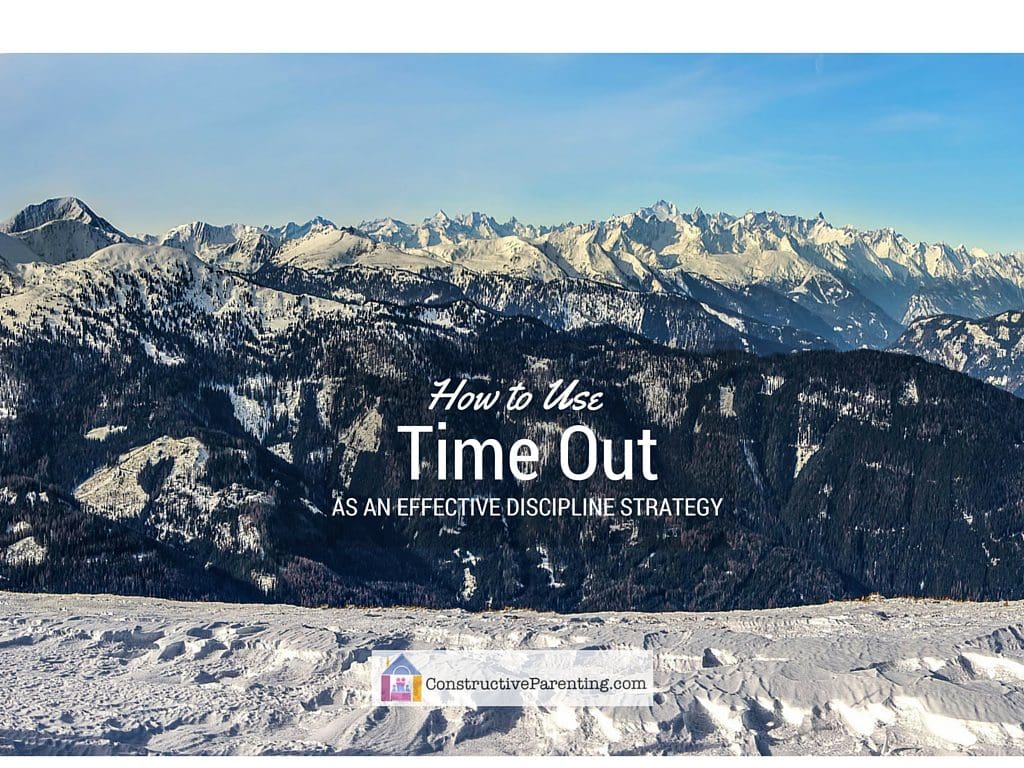

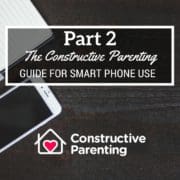
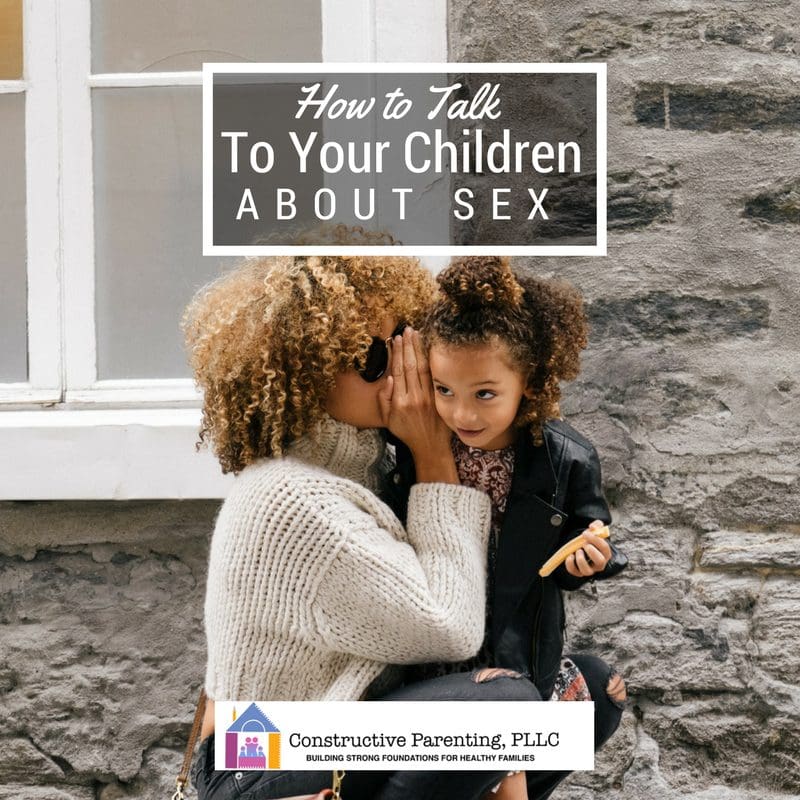
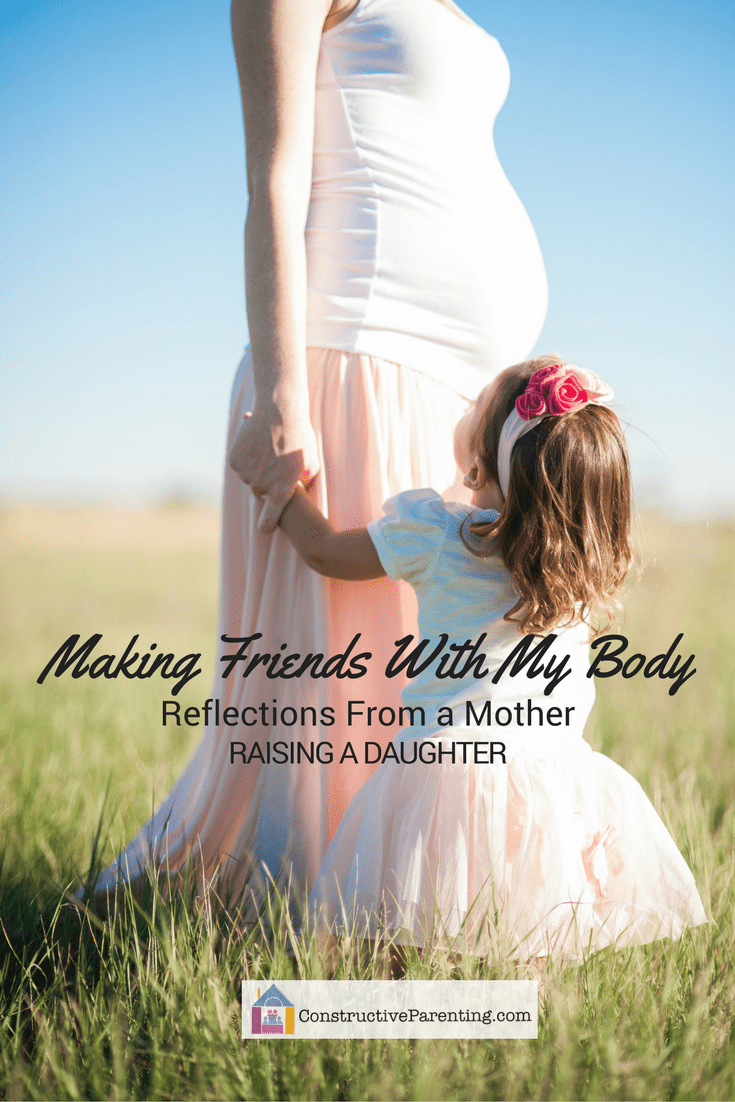

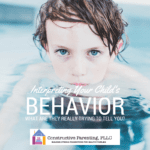

Leave a Reply
Want to join the discussion?Feel free to contribute!